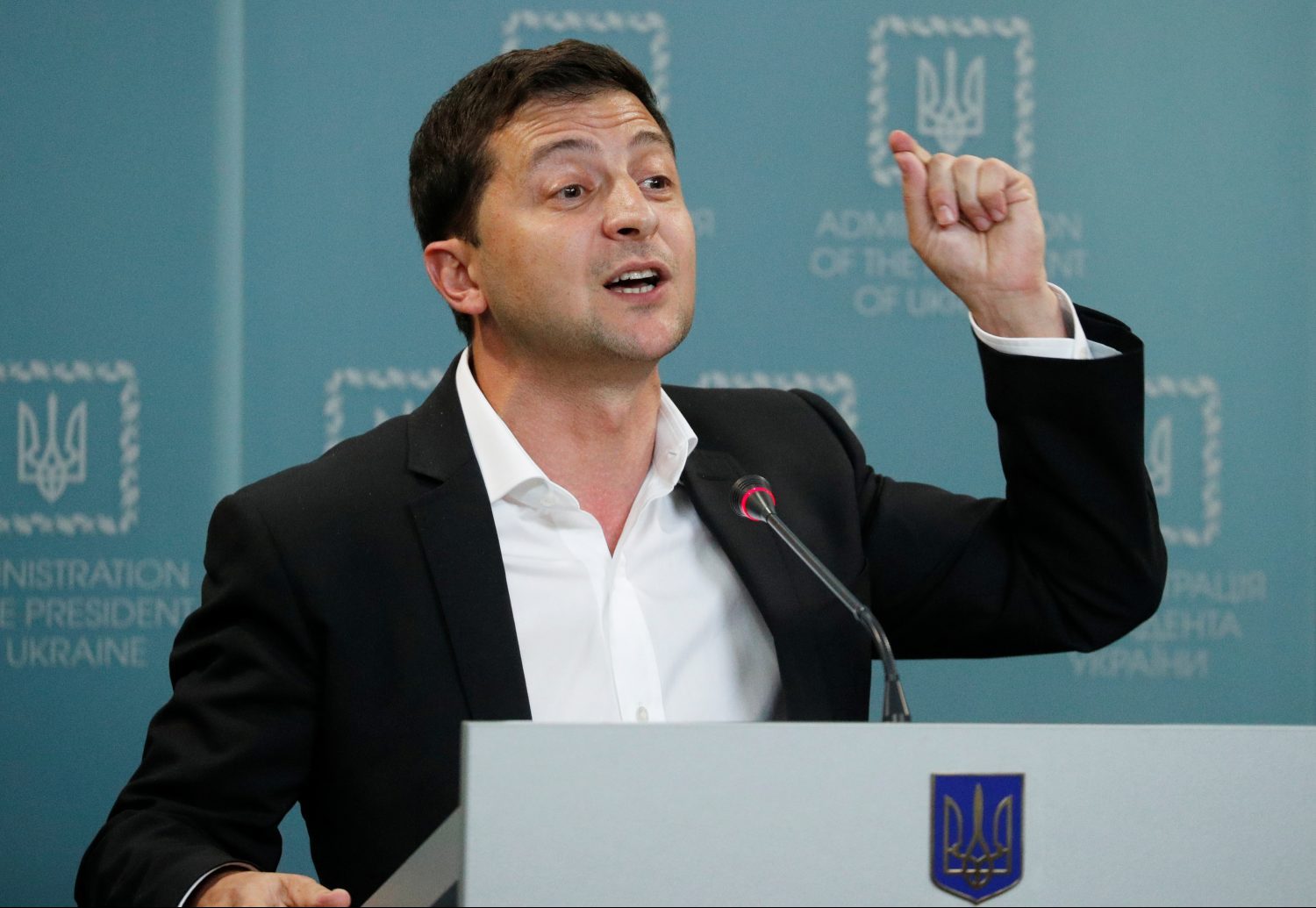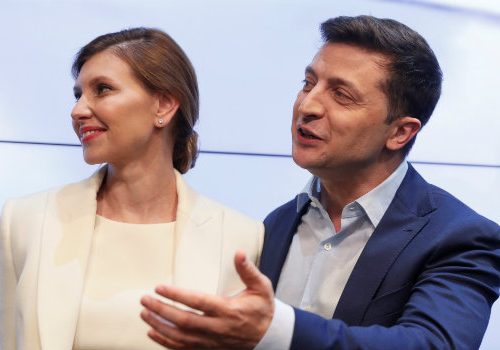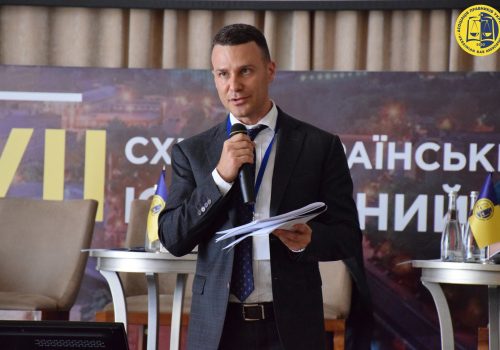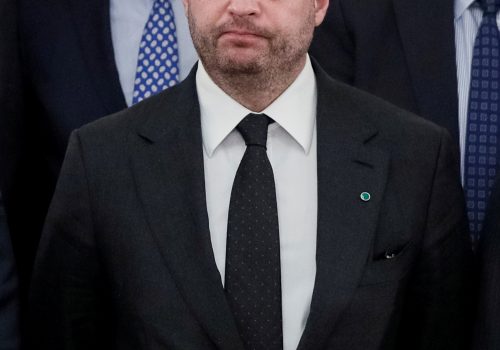Political novice Volodymyr Zelenskyy got elected last year by promising to turn Ukraine around quickly. He wants to end the intractable war in Ukraine’s east, free the country from the scourge of corruption, and make it rich. By most measures, and against all odds, he has done a decent job so far.
That all may change today. On March 4, Ukraine’s honest but inexperienced prime minister is expected to step down. A number of reform-minded ministers and top officials may follow suit. Rumors abound. The worst-case scenario is grim: Ukraine loses its outstanding finance minister, the head of Ukroboronprom, the brilliant head of the customs service, a general prosecutor who gets good marks from civil society, the steady and determined head of the National Anti-Corruption Bureau, and its capable foreign affairs minister. Wednesday is shaping up to be a massacre.
If the rumors pan out, a political dark horse is set to become prime minister. Newspapers and insiders say that Zelenskyy will anoint Denys Shmygal as prime minister. It’s a curious choice since Shmygal is not well-known and has little executive experience. He was the governor of the sleepy mountainous region of Ivano-Frankivsk for eight months. When I asked Kyiv politicos about Shmygal, I got the same response time and time again: “Who?”
Roman Zhukovskyy is set to take over the Ministry of Economy, which bodes ill. His mother is the financial manager to the notorious oligarch Dmytro Firtash.
Ihor Umanskyy, likely head of the Ministry of Finance, fiercely opposes working with the International Monetary Fund, which has actively kept Ukraine’s reform agenda on track even when its leaders have tried to veer off.
Stay updated
As the world watches the Russian invasion of Ukraine unfold, UkraineAlert delivers the best Atlantic Council expert insight and analysis on Ukraine twice a week directly to your inbox.
Ivan Plackov is rumored to be the next Minister of Energy. He has links to tycoon Rinat Akhmetov.
There’s one good thing that may come out of the reshuffle: Kyiv’s most capable diplomat, Dmytro Kuleba, may take over the Ministry of Foreign Affairs.
What does it all mean? One take is that Ukraine’s window of reform under Zelenskyy is long gone, and it may have been a fantasy from the very beginning. This theory is not easily dismissed as poppycock. The picture in Kyiv today looks very grim indeed.
Another take is that Zelenskyy wants to get all of Ukraine’s oligarchs behind him as he attempts to take on purported patron Ihor Kolomoisky, his former business partner, over PrivatBank. Fat chance, I say.
What’s clear is that Prime Minister Honcharuk crossed Kolomoisky by firing some of the latter’s loyal lieges at a state-owned energy company. Honcharuk has been in the crosshairs of Ukraine’s most powerful oligarch as he tried to hold the line and prevent the crafty Kolomoisky from getting his old bank back.
What’s even clearer is that the tragedy of Ukraine’s politics goes on. And on. Everyone knows how to fix Ukraine, but no one actually does it.
What’s less clear is how Ukraine’s friends and partners will respond. Every Western ambassador worth his or her salt should be walking the musty halls of Bankova and demanding answers. Ukraine has capable, proven ministers. Why change them now?
Melinda Haring is the deputy director of the Eurasia Center at the Atlantic Council and a senior fellow at the Foreign Policy Research Institute. She tweets @melindaharing.
Further reading
The views expressed in UkraineAlert are solely those of the authors and do not necessarily reflect the views of the Atlantic Council, its staff, or its supporters.

The Eurasia Center’s mission is to enhance transatlantic cooperation in promoting stability, democratic values and prosperity in Eurasia, from Eastern Europe and Turkey in the West to the Caucasus, Russia and Central Asia in the East.
Follow us on social media
and support our work
Image: Ukrainian President Volodymyr Zelenskyy speaks during a news conference in Kyiv Ukraine October 1, 2019. REUTERS/Valentyn Ogirenko




